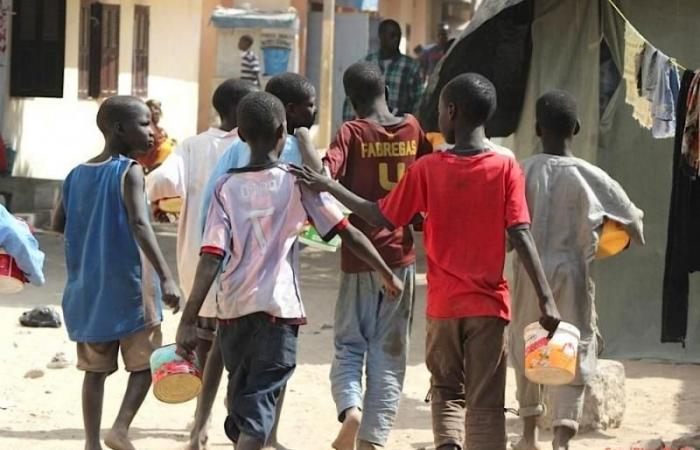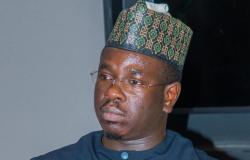The question of the begging of talibé children returns with force in the political and social agenda of Senegal. A controversy fueled by the recent remarks of Prime minister Ousmane Sonko, denouncing the persistence of this phenomenon despite the commitments of the state. Echoing this position, the Minister of Family and Solidarity, Maimouna Dièye, announced a series of strong measures during her participation in the Gamou de Ndiawagn Ndiaye, a religious locality located in the commune of Diokoul Dieuwrign (Department of Kébémer).
Intervening at the RFM microphone, the minister said that the government is preparing to launch a vast DAARA census operation from next June. This approach, according to her, aims to better supervise Koranic education and to identify the legitimate structures which deserve support from the State. “On the instruction of the President of the Republic, the Prime Minister will take severe measures on the begging and management of daaras. We will do everything so that the Talibé children are treated like the students of the French schools, because it is really deplorable to see the children wander in the streets at any time, “she said.
Maimouna Dièye insisted on the government’s desire to collaborate with the recognized “serignes”, while denouncing the abusive practices of some who use children’s begging for personal purposes. “Some use money transfers to encourage this begging, and they are the people we aim for. There are people who are not serious, and you have to end it, ”she added.
Prime Minister’s statements on the begging of Talibé children, held a few days earlier, had already aroused many reactions. If some greet a political will to break with inaction, others warn against an overly repressive approach which would risk hitting certain religious sensitivities.
In this context, the announcement of a census followed by targeted support measures to approved daaras appears to be an attempt to balance rigor and pedagogy. The government seems to want to avoid a global stigma of the daaras system, while acting against the most flagrant abuses. The question of talibé children-thousands of boys left to themselves in the streets of Senegalese cities, forced to begged to survive-has long been a sensitive subject. Between the imperatives of child protection, religious freedom and the socio-economic reality of daaras, the authorities must compose with a delicate balance.
Several attempts at regulation have failed in the past, often hampered by social or political resistance. But the current government seems determined to change the situation. The objective, according to the Minister’s remarks, is clear: reaching a fair treatment of students, whether from public school or daaras. This will not only require a strong political will, but also important resources to support the modernization of daaras, offer them educational supervision, and ensure children a dignified living environment.
Pending the start of the census scheduled for June, civil society and religious actors will closely scrutinize the implementation of these measures. The government plays a card that is both political and symbolic in this highly sensitive case.








